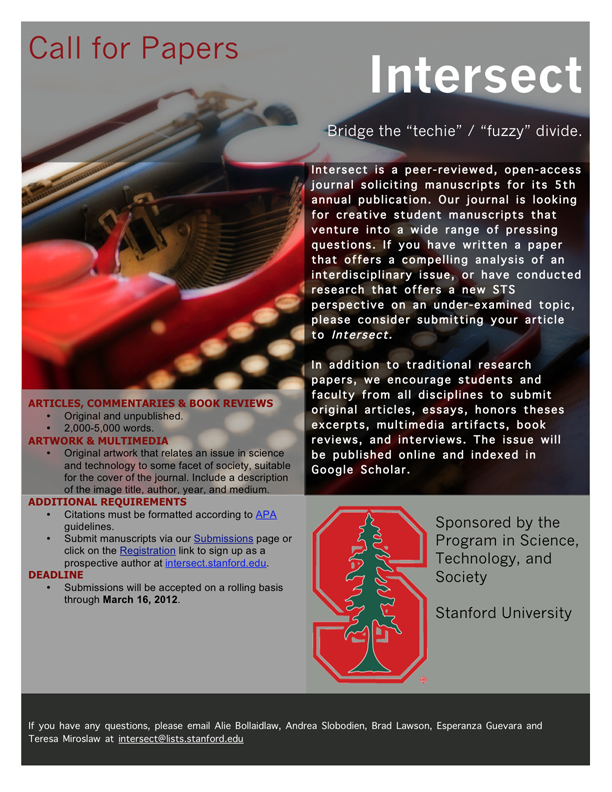In Vitro Meat: A Vehicle for the Ethical Rescaling of the Factory Farming Industry and In Vivo Testing or an Intractable Enterprise?
Abstract
The factory farming industry is the invisible proprietor of the modern Western entitlement: one predicated on and distinguished by unsustainable excess. According to the U.S. Department of Agriculture, in 2007 over 10 billion terrestrial food animals were slaughtered in the U.S., thus "account[ing] for nearly 25% of the total non-aquatic animals killed for food in the world" (Pluhar 2009, pp. 456). Additionally, we are becoming increasingly addicted to meat; "[t]he American appetite for flesh has grown from 234 pounds per capita in 1980 to 273 pounds in 2007" (pp. 456). This unrequited excess comes with several grave consequences: the desensitizing and excessively brutal slaughter of millions of food animals, development of antibiotic resistant pathogen strains in immune-compromised animals, and environmental repercussions of raising livestock including pollution from their excrement and massive emissions of methane that contribute to global warming.
Emerging in the wake of the necrotic factory farming industry is a new biotechnological enterprise, in vitro meat, which enables the production of meat from cells taken from food animals via biopsy that are cultured using advanced tissue engineering techniques. Ultimately, in vitro meat may make an appreciable contribution to a more sustainable world and effectively combat the anthropocentrism that not only endangers other life on Earth but hinders us as well.
Downloads
Additional Files
Published
Issue
Section
License
Authors who publish with this journal agree to the following terms:- Authors retain copyright and grant the journal right of first publication with the work simultaneously licensed under a Creative Commons Attribution License that allows others to share the work with an acknowledgement of the work's authorship and initial publication in this journal.
- Authors are able to enter into separate, additional contractual arrangements for the non-exclusive distribution of the journal's published version of the work (e.g., post it to an institutional repository or publish it in a book), with an acknowledgement of its initial publication in this journal.
- Authors are permitted and encouraged to post their work online (e.g., in institutional repositories or on their website) prior to and during the submission process, as it can lead to productive exchanges, as well as earlier and greater citation of published work (See The Effect of Open Access).

